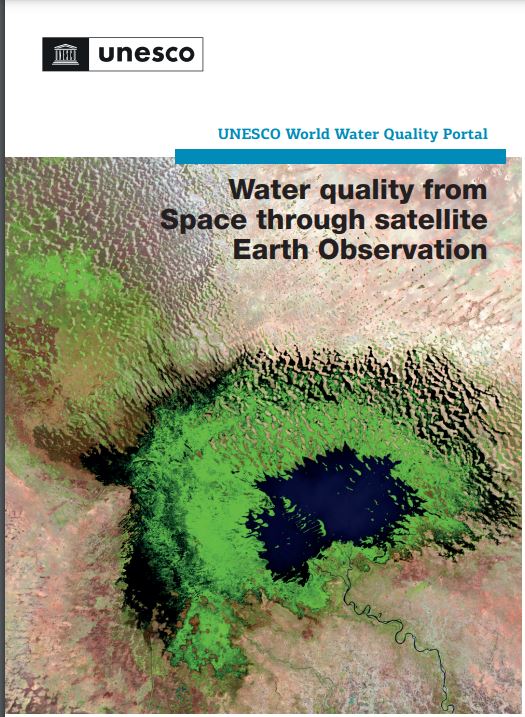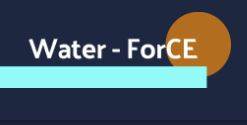The National Centre for Earth Observation (NCEO) is pleased to announce the commencement of activities for the EO Data Hub project.
- Download the EO Data Hub Information Note, which explains the next steps for the project
- Download the first Call for proposals: user pilot projects, including application details
FAQs on the user pilot call will be uploaded once questions are received.
This announcement has the primary aim of engaging the user community in the development of the EO Data Hub. It seeks input from potential users, communities and stakeholders to demonstrate EO services and data supply concepts which would be enabled by the EO Data Hub.
The selected projects in this call will help to specify the functionality, software and desirable data streams in the Hub and obtain early access to the Hub as it is implemented.





